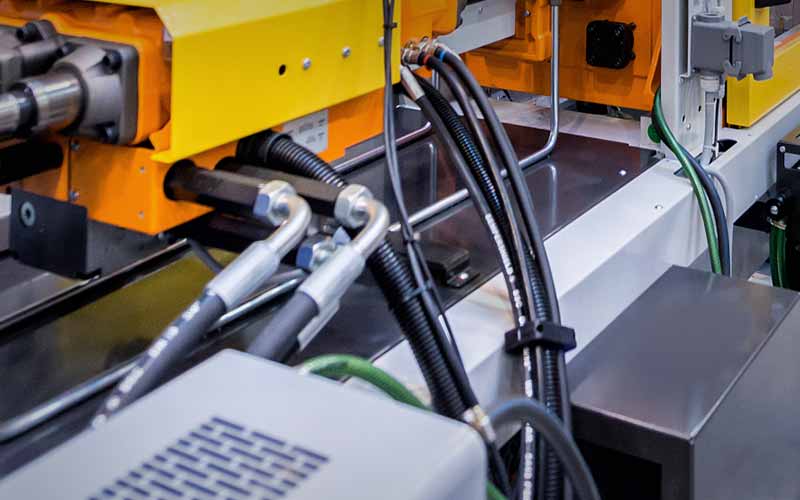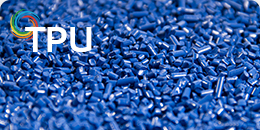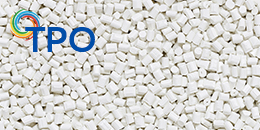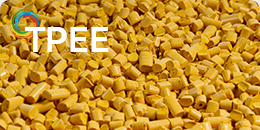Thermoplastic polyurethane (TPU) is a versatile and widely used polymer known for its flexibility, durability, and resistance to abrasion. Found in various industries, TPU is used in everything from footwear and phone cases to medical devices and industrial applications. One of the most intriguing aspects of TPU is its biocompatibility, making it suitable for medical and wearable technologies. In this blog, we will explore what TPU is used for and answer the question: Is TPU biocompatible?
What Is TPU Used For?
TPU is valued for its unique combination of elasticity, strength, and chemical resistance, making it useful across multiple industries. Some common applications include:
1. Footwear and Fashion
TPU is widely used in shoe soles, offering durability, flexibility, and resistance to wear and tear. It is also used in clothing accessories like watch straps, belts, and handbags due to its lightweight and stylish appearance.
2. Mobile Accessories and Electronics
Many phone cases, smartwatch bands, and protective covers are made from TPU because of its impact resistance and soft-touch feel. TPU protects devices while maintaining flexibility, making it an ideal material for gadget accessories.
3. Automotive Industry
TPU is used in car interior parts, gaskets, and protective coatings, helping improve wear resistance and durability. It is also applied in seals and tubing to enhance performance in harsh environments.
4. Industrial Applications
Because TPU is resistant to oil, grease, and chemicals, it is often used in conveyor belts, hoses, and protective coatings. It provides excellent mechanical properties for industrial environments where durability is essential.
5. Medical Applications
TPU’s flexibility, transparency, and resistance to bodily fluids make it useful in catheters, medical tubing, surgical instruments, and prosthetics. It is also found in wearable medical devices due to its comfort and compatibility with human skin.
6. 3D Printing and Flexible Manufacturing
With the rise of 3D printing, TPU has become a popular material for creating flexible, impact-resistant parts. It is used for prototypes, functional parts, and customized designs, making it an essential material in additive manufacturing.
Is TPU Biocompatible?
Biocompatibility refers to a material’s ability to interact with biological systems without causing harmful effects. TPU is considered biocompatible, making it safe for use in medical and skin-contact applications. However, not all TPU formulations are equally biocompatible—medical-grade TPU is specifically designed to meet strict safety and regulatory standards.
Some key reasons why TPU is biocompatible include:
Non-toxic and hypoallergenic: TPU does not cause allergic reactions, making it safe for skin contact.
Resistant to bodily fluids: It does not degrade easily when exposed to sweat, saliva, or blood, making it ideal for medical use.
Flexible and comfortable: It conforms to body movements, reducing irritation in medical and wearable applications.
Because of these properties, TPU is used in wearable medical sensors, prosthetics, wound dressings, and medical tubing. However, for long-term implants or highly sensitive applications, additional testing and regulatory approvals are required.
Conclusion
TPU is a highly versatile material used in industries ranging from footwear and electronics to automotive and medical devices. Its flexibility, strength, and chemical resistance make it a preferred choice for durable and high-performance applications. Additionally, TPU’s biocompatibility ensures its safe use in medical and wearable technologies. While not all TPU formulations are suitable for medical use, specialized medical-grade TPU is widely used in catheters, prosthetics, and flexible medical devices. With its growing applications in 3D printing and sustainable materials, TPU continues to be an innovative solution for modern manufacturing and healthcare needs.







